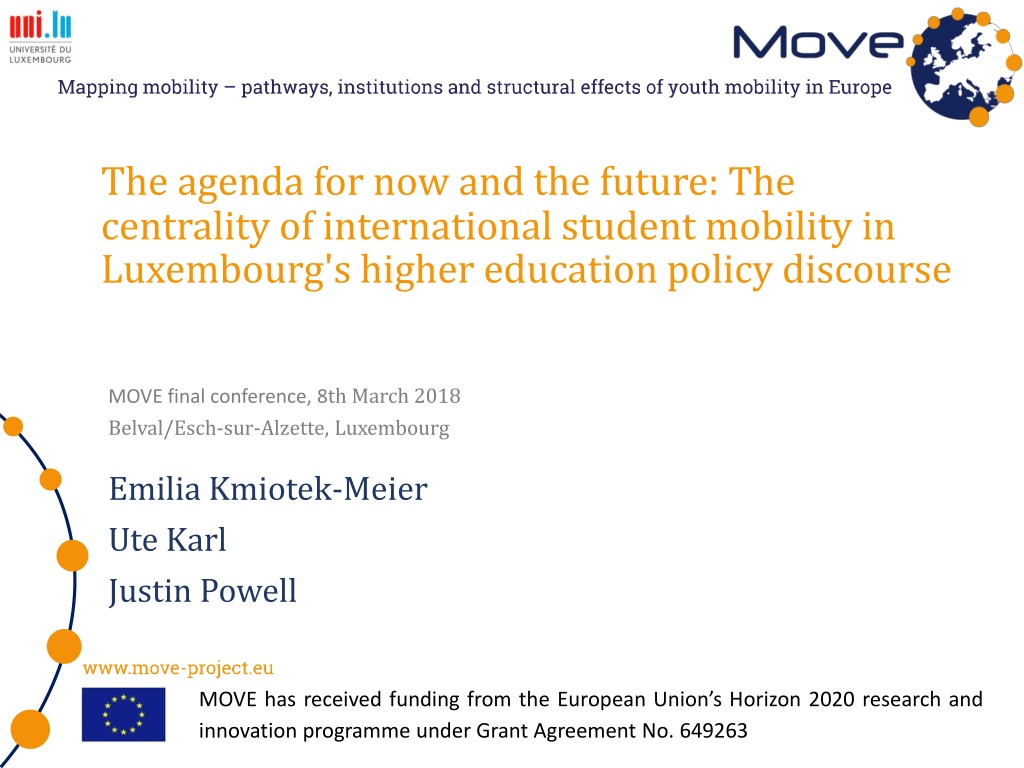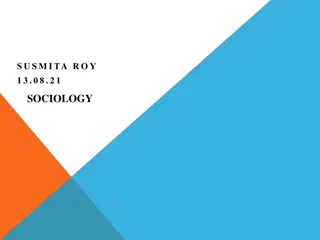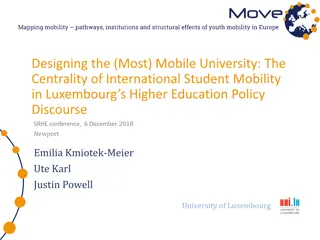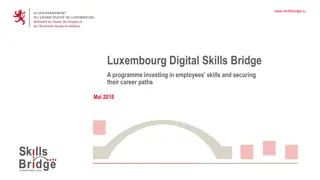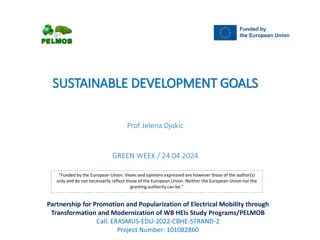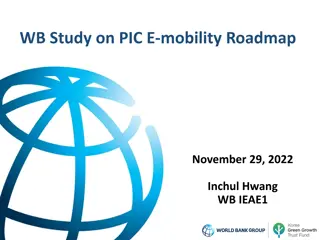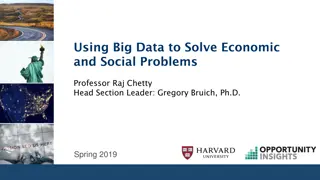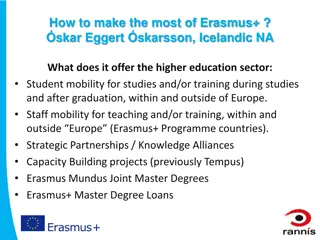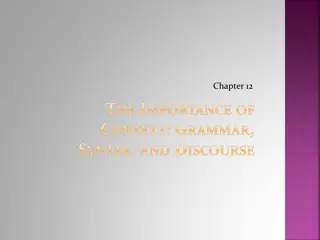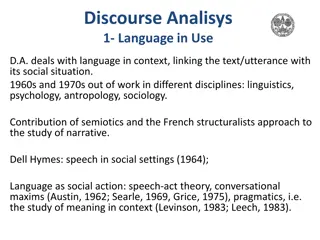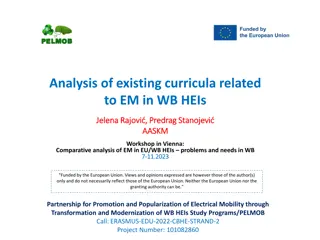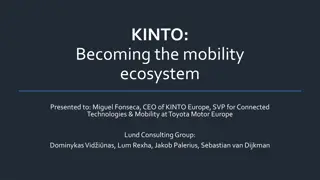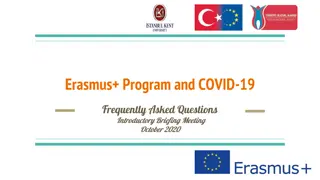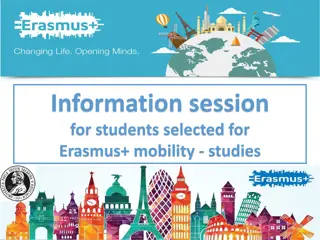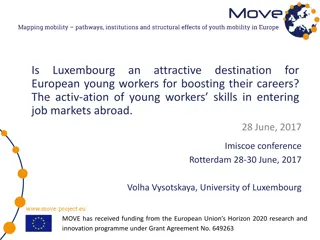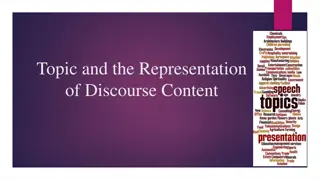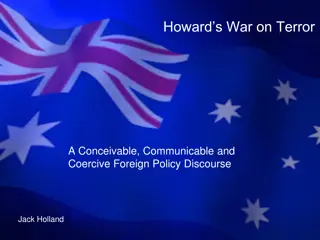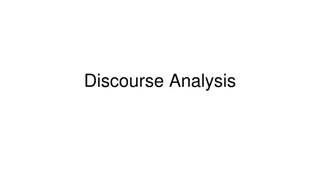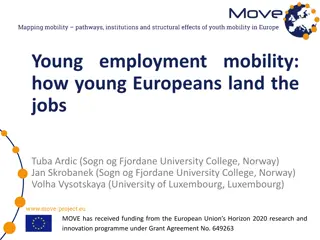International Student Mobility in Luxembourg Higher Education Policy Discourse
The centricity of international student mobility in Luxembourg's higher education policy discourse was discussed at the MOVE final conference in March 2018. Analysis of student mobility trends, higher education landscape in Luxembourg, and future visions were presented alongside the significance of geographic embeddedness. The session highlighted the role of international students at the University of Luxembourg and the mandatory credit mobility program for undergraduates. The question of why Luxembourg is considered the most international university in the world was also explored.
Download Presentation

Please find below an Image/Link to download the presentation.
The content on the website is provided AS IS for your information and personal use only. It may not be sold, licensed, or shared on other websites without obtaining consent from the author. Download presentation by click this link. If you encounter any issues during the download, it is possible that the publisher has removed the file from their server.
E N D
Presentation Transcript
The agenda for now and the future: The centrality of international student mobility in Luxembourg's higher education policy discourse MOVE final conference, 8th March 2018 Belval/Esch-sur-Alzette, Luxembourg Emilia Kmiotek-Meier Ute Karl Justin Powell MOVE has received funding from the European Union s Horizon 2020 research and innovation programme under Grant Agreement No. 649263
Overview I. II. III. IV. International student mobility Higher education in Luxembourg Analysis Results Future vision / Labour market Elites / sovereignty Geographic embededness Discussion I. II. III. V.
Student mobility student mobility degree mobility credit mobility part of programme abroad complete programme abroad Degree / the EU rather credit mobility (ERASMUS) Analysed as part of individual decision-making (Raghuram 2013: 143) Role of broader frames? Family? Institutions? State?
ISM - degree from Luxembourg 2003 foundation of the University of Luxembourg degree mobility from LU 75 % of all enrolled in tertiary education study abroad Degree mobility from LU: mainly DE, FR, BE 6
Students UL degree ISM towards Luxembourg UL students (WS 2016/2017), in % 70 60 58 57 50 49 40 35 30 29 26 25 20 14 10 7 0 Bachelor (N=3007) Master (N=1525) PhD (N=637) Lux EU non EU N=6153 7
ISM in Luxembourg credit mobility from LU an obligatory semester abroad for undergraduates UL the most international university in the world number one in the Times World University Ranking 2018: international outlook 8
III Most international? Yes. but why? 9
Data No systematically integrated policy at the national level relating to outgoing or incoming student mobility in Luxembourg BUT.. Debattes prior to the establishment of the UL in 2002/2003 in written form 14 pieces of writting, i.a. Bill on Foundation of the University of Luxembourg Opinion of Chamber for civil servants and public employees, Report of Commission of the higher education, research and culture 10
Methods Leaned on grounded theory methodology (Charmaz 2014) 1. thematic coding searching for all sequences dealing with student mobility (credit/degree and outgoing/incoming). 2. in-depth analysis of selected extracts of the documents 3. development of more theoretical concepts, i.e. the three lines of argumentation 11
V Discussion 12
Only Luxembourg? Small and wealthy Luxembourg, but lacking the opportunities of a fully-developed and differentiated tertiary education system Taking advantage of the higher education infrastructure of other countries ISM from less wealthy or less developed countries to more developed countries (Woldegiorgis and Doevenspeck 2015; Bal and Williams 2004). 13
Economic imperative? The UL s foundation - a strategic step for improving Luxembourg s position within the global competition for the best and brightest international students are (..) prospective skilled workers in the globalising competition for talent (Mosneaga and Winther 2013: 181). Long-term perspective: Different than in many other coutries Grand Tour , Tradition , pushing away We want it all! Degree outging & incoming / credit outgoing Credit incoming ? 14
References Brosius, Jacques, Jean-Claude Ray, Bertrand Verheyden, and Donald R. Williams. 2014. Wage Differentials Between Natives and Cross-Border Workers Within and Across Establishments. Rochester, NY: Social Science Research Network. doi:org/10.2139/ssrn.2615809. Charmaz, Kathy C. 2014. Constructing Grounded Theory. London: SAGE. Lasanowski, Veronica. 2011. Can Speak, Will Travel: The Influence of Language on Global Student Mobility. In International Students and Global Mobility in Higher Education, edited by Rajika Bhandari and Peggy Blumenthal: 193 209. New York: Palgrave Macmillan US. doi:10.1057/9780230117143_10. Mosneaga, Ana, and Lars Winther. 2013. Emerging Talents? International Students Before and After Their Career Start in Denmark: International Students in Denmark. Population, Space and Place 19 (2): 181 195. doi:10.1002/psp.1750. Raghuram, Parvati. 2013. Theorising the Spaces of Student Migration. Population, Space and Place 19 (2): 138 154. doi:10.1002/psp.1747. UL. 2016. Key, Performance, Indicators. Luxembourg. https://wwwen.uni.lu/university/official_documents. Woldegiorgis, Emnet Tadesse, and Martin Doevenspeck. 2015. Current Trends, Challenges and Prospects of Student Mobility in the African Higher Education Landscape. International Journal of Higher Education 4 (2). doi:10.5430/ijhe.v4n2p105. 15
Thank you for your attention! Contact: Emilia Kmiotek-Meier emilia.kmiotek@uni.lu University of Luxembourg Facult des Lettres, des Sciences Humaines, des Arts et des Sciences de l'Education Institute of Geography and Spatial Planning http://www.move-project.eu The research from the MOVE project leading to these results has received funding from Horizon 2020 under Grant Agreement N 649263. 16
